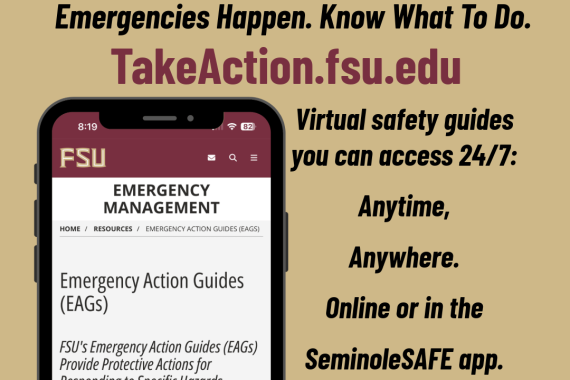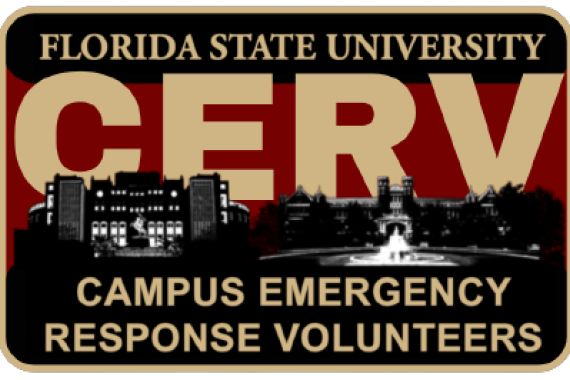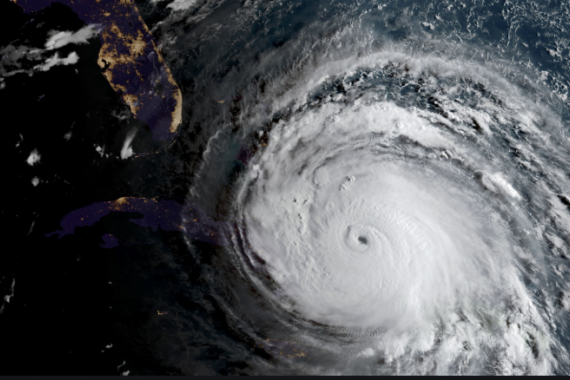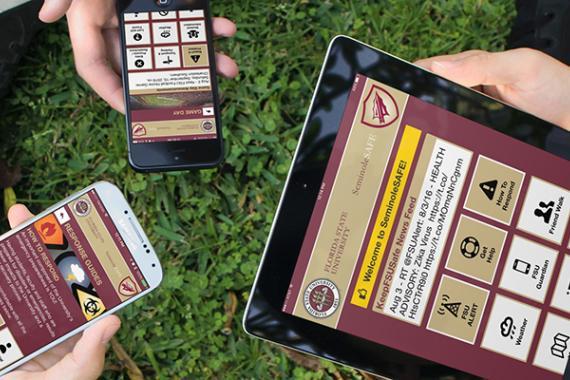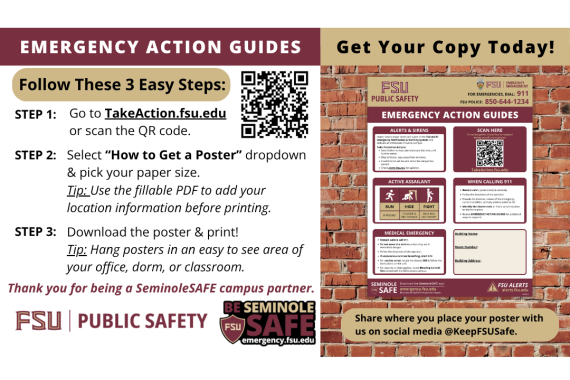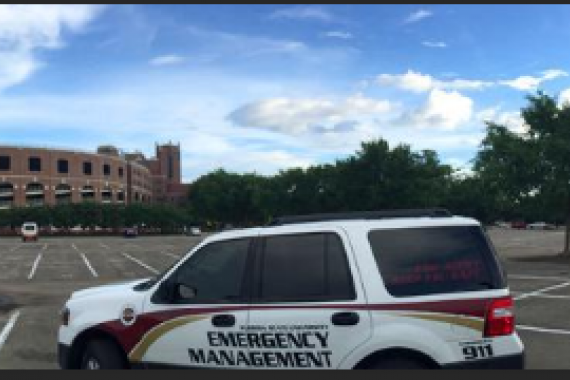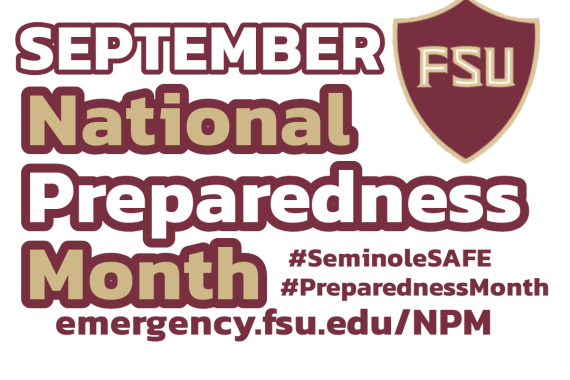Definition
Occasionally, the amount of disease in a community rises above the expected level. Epidemic refers to an increase, often sudden, in the number of cases of a disease above what is normally expected in that population in that area. Outbreak carries the same definition of epidemic, but is often used for a more limited geographic area. Cluster refers to an aggregation of cases grouped in place and time that are suspected to be greater than the number expected, even though the expected number may not be known. Pandemic refers to an epidemic that has spread over several countries or continents, usually affecting a large number of people.
Influenza
You can prepare for an influenza pandemic now.
You should know both the magnitude of what can happen during a pandemic outbreak and what actions you can take to help lessen the impact of an influenza pandemic on you and your family. This checklist will help you gather the information and resources you may need in case of a flu pandemic:
- Store a two week supply of water and food. During a pandemic, if you cannot get to a store, or if stores are out of supplies, it will be important for you to have extra supplies on hand. This can be useful in other types of emergencies, such as power outages and disasters.
- Periodically check your regular prescription drugs to ensure a continuous supply in your home.
- Have any nonprescription drugs and other health supplies on hand, including pain relievers, stomach remedies, cough and cold medicines, fluids with electrolytes, and vitamins.
- Talk with family members and loved ones about how they would be cared for if they got sick, or what will be needed to care for them in your home.
Limit the Spread of Germs and Prevent Infection.
- Avoid close contact with people who are sick. When you are sick, keep your distance from others to protect them from getting sick too.
- If possible, stay home from work, school, and errands when you are sick. You will help prevent others from catching your illness.
- Cover your mouth and nose with a tissue when coughing or sneezing. It may prevent those around you from getting sick.
- Washing your hands often will help protect you from germs.
- Avoid touching your eyes, nose or mouth. Germs are often spread when a person touches something that is contaminated with germs and then touches his or her eyes, nose, or mouth.
- Practice other good health habits. Get plenty of sleep, be physically active, manage your stress, drink plenty of fluids, and eat nutritious food.
More information
FSU University Health Services
Center for Disease Control & Protection

